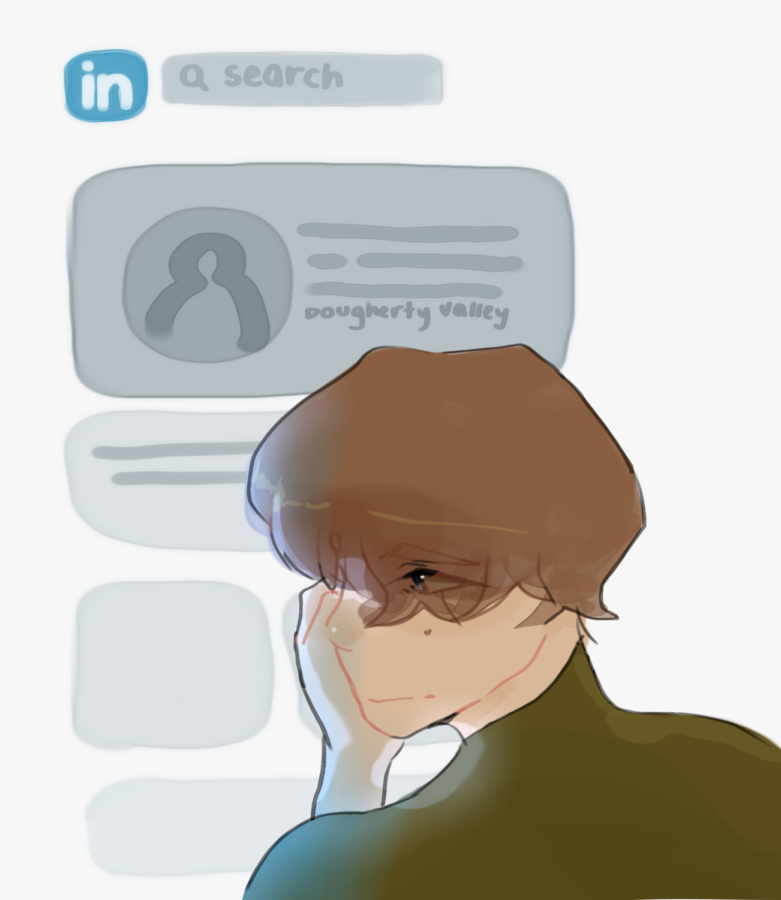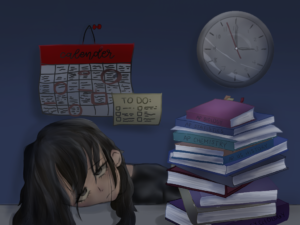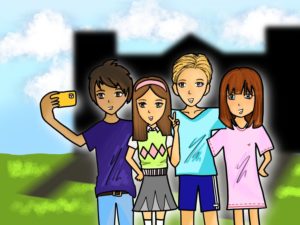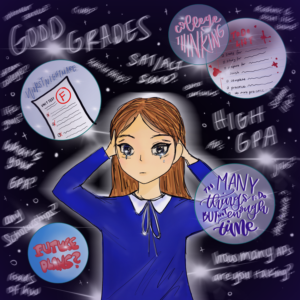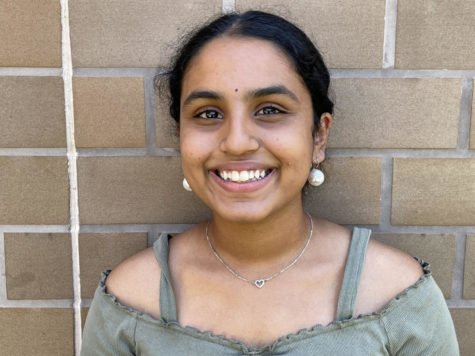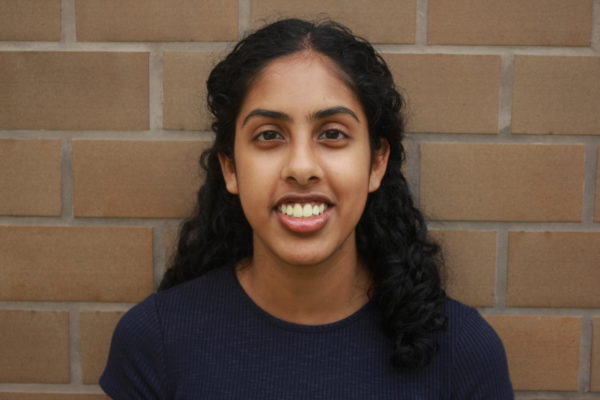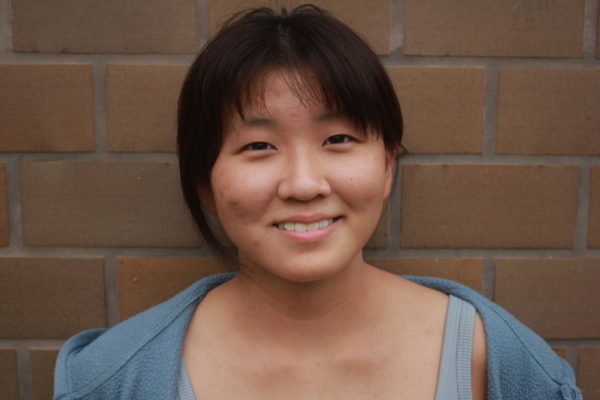LinkedIn bolsters toxic environment at DVHS
Stressed-out students use LinkedIn counterproductively when they compare themselves to others.
April 16, 2023
Have you ever found yourself clicking through endless LinkedIn profiles of your peers, your stress building up as you realize how much more accomplished these students seem compared to you?
LinkedIn, the world’s largest employment-based social media platform, consistently controls workplaces and schools. With over 900 million members, LinkedIn has become vastly more popular recently. In particular, the platform has seen a growing number of high school students creating profiles.
Specifically, by advertising once-in-a-lifetime opportunities and professional experiences, teens are subconsciously directed into joining this platform with the impression that if they join, their chances of finding success will be increased.
However, those same teens don’t necessarily realize the inimical impacts that come with the competitive environment surrounding professional networking, specifically with their own classmates. Students often look at their peers’ LinkedIn profiles and feel demotivated or discouraged by how much more accomplished these other students seem to be compared to them.
Although LinkedIn is helpful for students to get a head start in the professional world by sharing their resumes and networking with mentors, this early start to professionalism is also why LinkedIn can be detrimental to their mental health.
As of 2023, around 24% of students in the US are stressed about their future and finding a job after graduation. LinkedIn is, supposedly, designed to help reduce these stresses, but in actuality, it’s just another toxic social media platform pointing out people’s insecurities and promoting fake cultures – in this case, hustle culture.
This hustle culture, in turn, leads to striving for perfection, especially among teenagers. When over a million students share their greatest achievements and most unique skills, there is bound to be a heap of subconscious, or conscious, social comparison.
In fact, it’s not uncommon for students to lie about activities on their LinkedIn or overexaggerate the magnitude of some of them. To be constantly comparing yourself to peers with inflated resumes only worsens the toxicity and jealousy between students. More than that, it reiterates that students are pressured by LinkedIn; that by being active on the platform, there remains a creeping presence of needing to be better, of needing to be accomplished. Students at DV feel the same.
“It’s kind of upsetting to see another student’s profile with more accomplishments than you,” senior Suhani Babu commented. “You know how hard you’ve been working, so when you feel like your list [of activities] is shorter than someone else’s, it makes you feel really inadequate.”
This comparison is not just limited to students but extends to parents as well.
Senior Shikha Kathrani corroborates that she created LinkedIn when she entered high school because her parents thought it was the right age for her to do so. She continues that her parents often urge her to participate in more activities after seeing other students’ profiles.
Some students have been using LinkedIn for many years. For example, senior Neel Redkar has been using LinkedIn since sixth grade. He explains that his primary reason for making a LinkedIn account was to find job opportunities. Yet, Redkar explains that within his six years of using LinkedIn, he has not been able to find any opportunities through the platform, contradicting its purpose.
Ultimately, these websites don’t promote positive networking, they only fuel toxic comparisons. It’s an addicting cycle of comparing self-fulfillment that DVHS especially has gotten used to even outside of Linkedin, but having one less platform to worsen jealousy and insecurity could be a start towards reducing the hustle culture at the school. It’s time that we respect all students’ accomplishments, regardless of the level of that success compared to other students.

